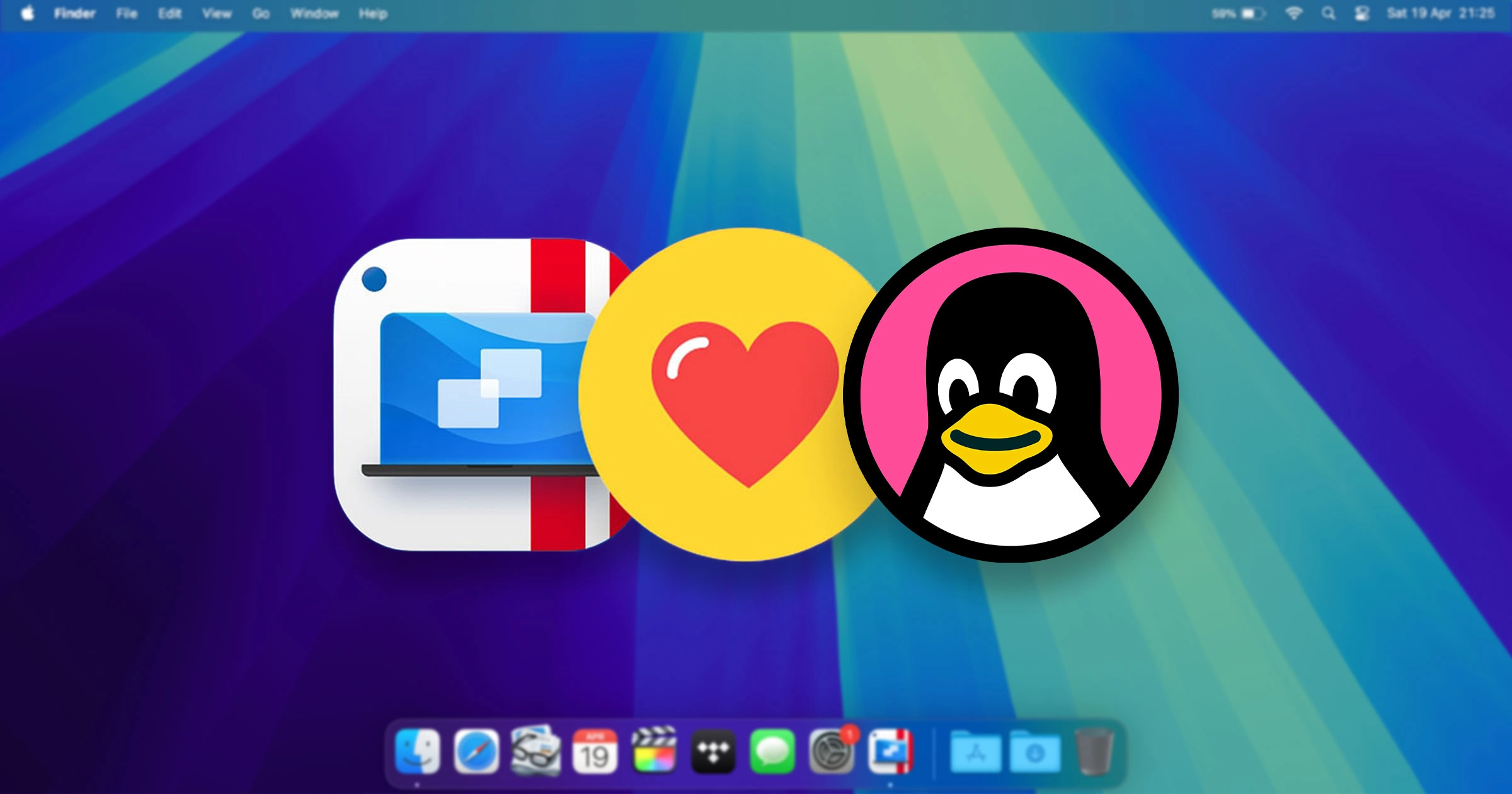Parallels Desktop has made strides in enhancing the experience for users running Linux distros on macOS with its latest update. Traditionally, integrating the host macOS and the Linux guest operating systems relied on Parallels Tools for Linux, a suite of drivers and kernel modules that required manual installation in a VM. However, as Linux kernel updates occur more frequently than Parallels updates, users often faced "kernel compatibility headaches."
This was addressed in Parallels Desktop 26.1, released on October 3, 2025, which leverages driverless integration through the use of virtio-vsock technology. This open-source protocol, part of the Linux kernel, ensures seamless integration for users regardless of Linux kernel updates, thereby eliminating the need for waiting on Parallels to release updates for their Tools.
The update allows users to upgrade their Linux virtual machines without fear of disabling crucial integrations such as shared clipboard functionality, shared folders, dynamic resolution changes, and the access to macOS files directly from Linux applications.
Additionally, Parallels Desktop 26.1 enhances its capabilities by adding support for faster installation of Linux distros through the Installation Assistant on Apple Silicon devices, now including Ubuntu 24.04.3 LTS and Debian 12.11.
Various bug fixes in this update resolve issues with Ubuntu 25.04 regarding connected drive sharing with macOS, empty shared folders in Fedora VMs, and internet connectivity issues for Debian 12 VMs following a Mac restart.
For further details about this release, you can view the official release notes or explore more about Parallels Desktop features on the Parallels website.
